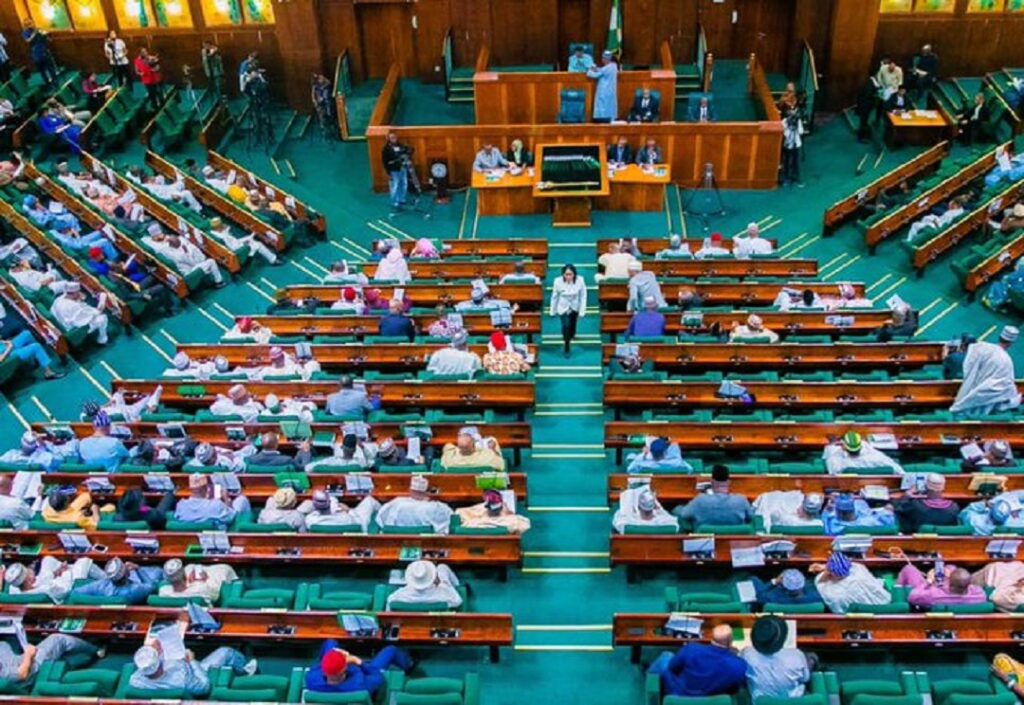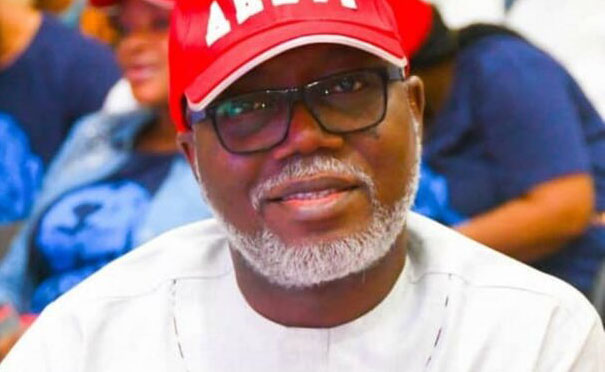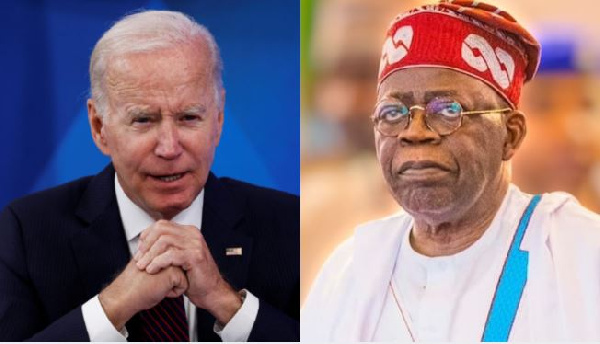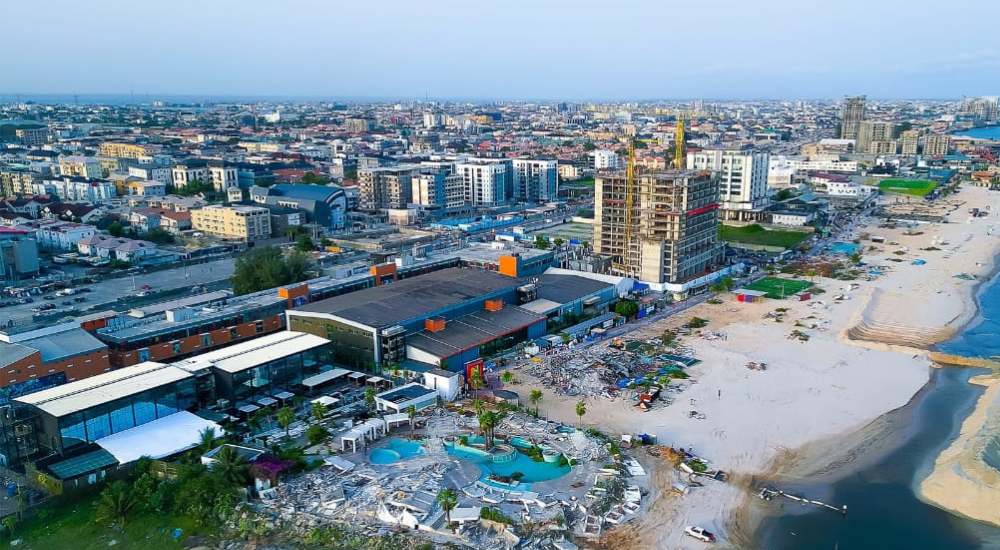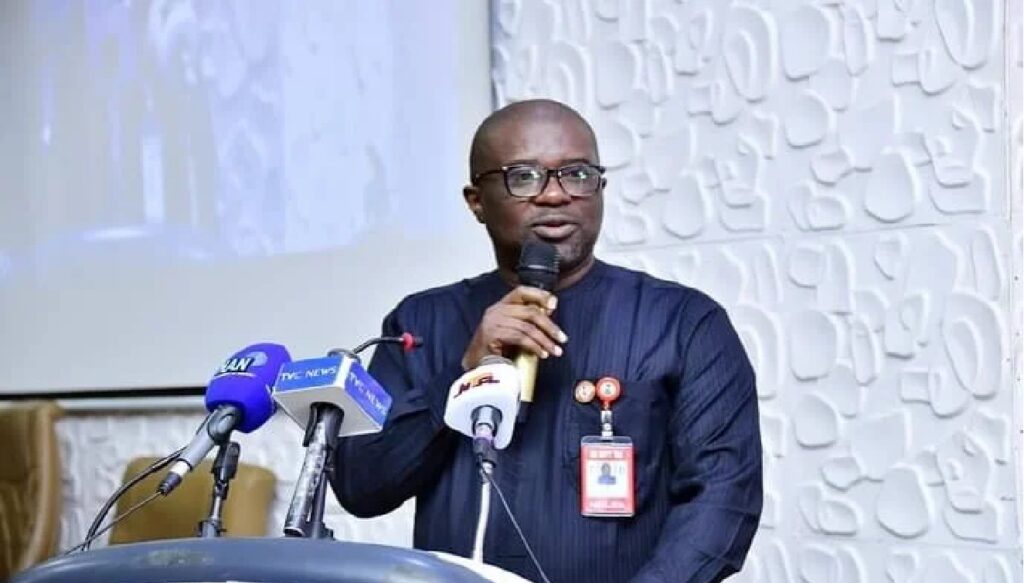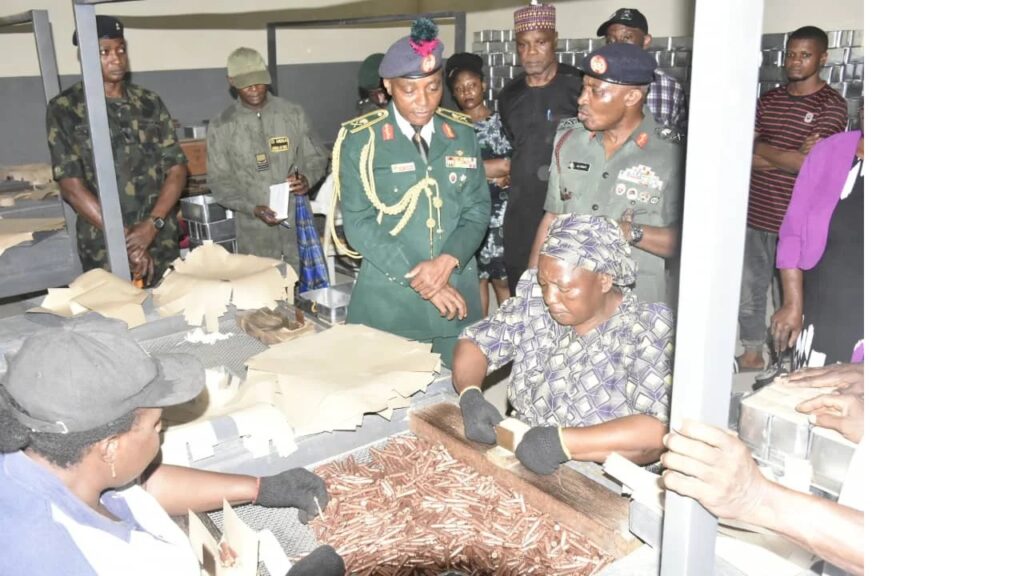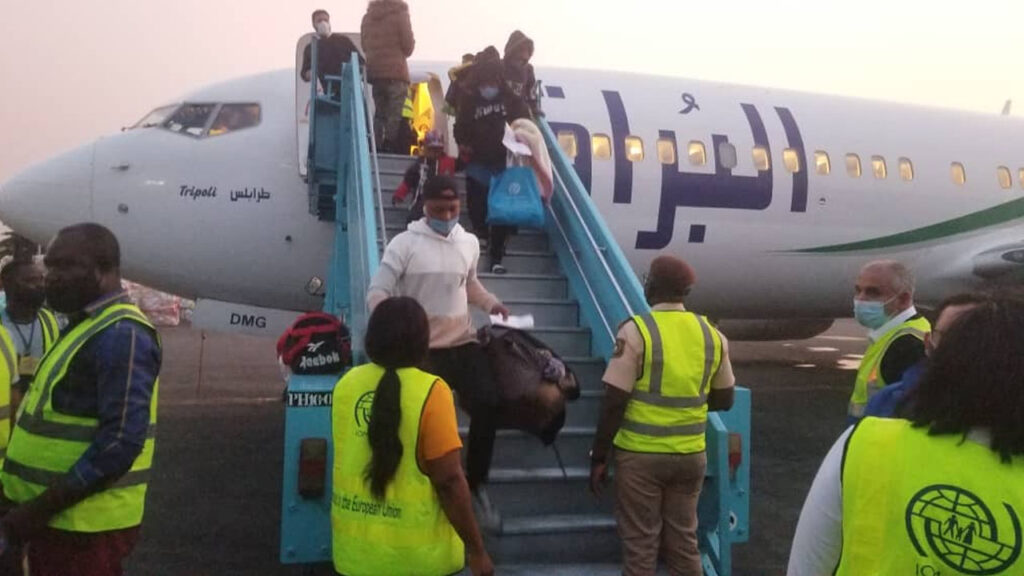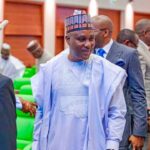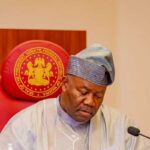Despite opposition by some lawmakers, the House of Representatives passed bills on Thursday extending the implementation of the 2023 Appropriation Act and the 2023 Supplementary Appropriation Act until December 2024.
But this was not without opposition from some lawmakers, who expressed reservations about the propriety of giving accelerated passage to the bills.
The Acts were first extended on December 31, 2023 for a period of three months. The extension was a sequel to a request by President Tinubu via a letter to the two chambers of the National Assembly.
READ ALSO: Reps in closed-door session over extension of 2023 supplementary budget
Shortly before the expiration date, the president made another request for the extension of the two budgets until June 30, 2024, which the lawmakers gave speedy passage.
To attend to the president’s request, the lawmakers cut short their Sallah holiday to convene in Abuja to beat the June 30 expiration date.
The lawmakers were initially scheduled to resume on July 2.
While debating the bill, minority leader, Kingley Chinda (PDP, Rivers) expressed concerns that the country will be running three to four budgets until the end of the 2024 financial cycle if the request of the president is granted.
“We understand the implications from the letter we receive, it is mainly on capital projects and we cannot ask that capital projects should be abandoned. We cannot deny our country the benefits of capital projects. In principle, we might not oppose it but in terms of procedure, I feel a little bit worried. A situation where we have three budgets running concurrently is not good. This will even mean four budgets running simultaneously.
He recommended that the house step down the bill and go back to the drawing board by moving the uncompleted projects in the 2023 supplementary budget to the 2024 supplementary budget.
Chinda’s suggestions received applause from his colleagues but sparked a robust discussion among members, and was supported by Rep. Alhassan Ado Doguwa (APC, Kano), who, however, urged the House to pass the bills in the best interest of the country’s security and economy.
However, the speaker responded by appealing to the lawmakers to reconsider the president’s request which fell on deaf ears.
“We are aware that the supplementary budget of 2023 is largely security related and it is the intention of Mr. President to secure Nigerians. I want us to please urge our members to support this to enhance the security of our country,” the speaker pleaded.
Supporting the minority leader, Doguwa, said the move by the house to extend the validity of the 2023 supplementary budget was legal, but it has never happened in the history of the National Assembly.
He said, “Whatever we are doing must be accountable to the people. Each and every member here is representing a community and when we are discussion matter of budget, we should call a spade a spade. I agree with the submission made by the minority leader. This has nothing to do with the APC. It has never happened. When you have something coming unexpected like this, then we should expect that people will ask questions whether overtly or covertly.
“Even if it is legal it is unexpected, we have two budgets and a supplementary budget. It is legal but that moral aspect, for us as a house, I will appeal we allow this to go for now but the message has to be sent that the government should do the needful.
Aware that his colleagues were not ready to shift their grounds, the speaker called for a closed door session to allow lawmakers to address the issues.
Following their deliberations, the lawmakers, dissolved into the Committee of Supply to debate the various clauses in the money bills, all of which were carried.
Subsequently, the House reverted to plenary, where the bills were read for the third time and passed.

